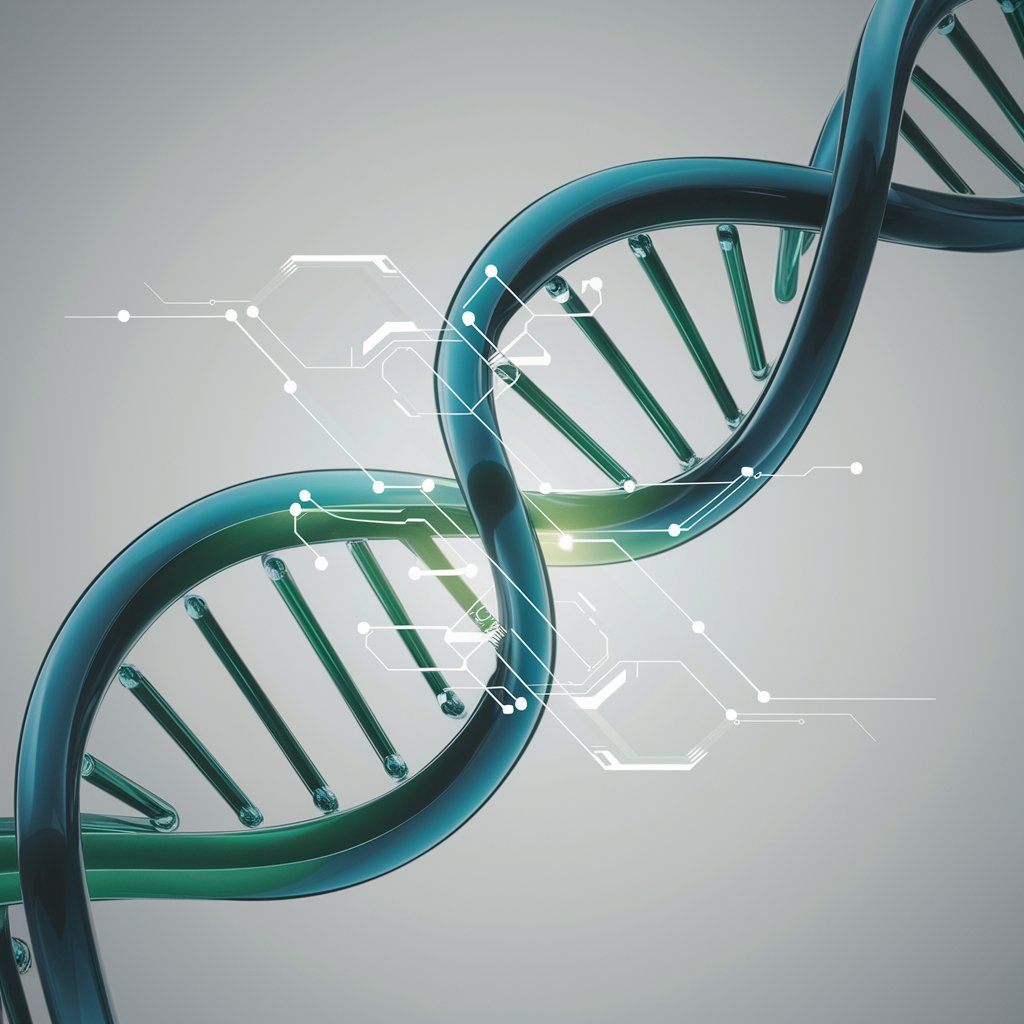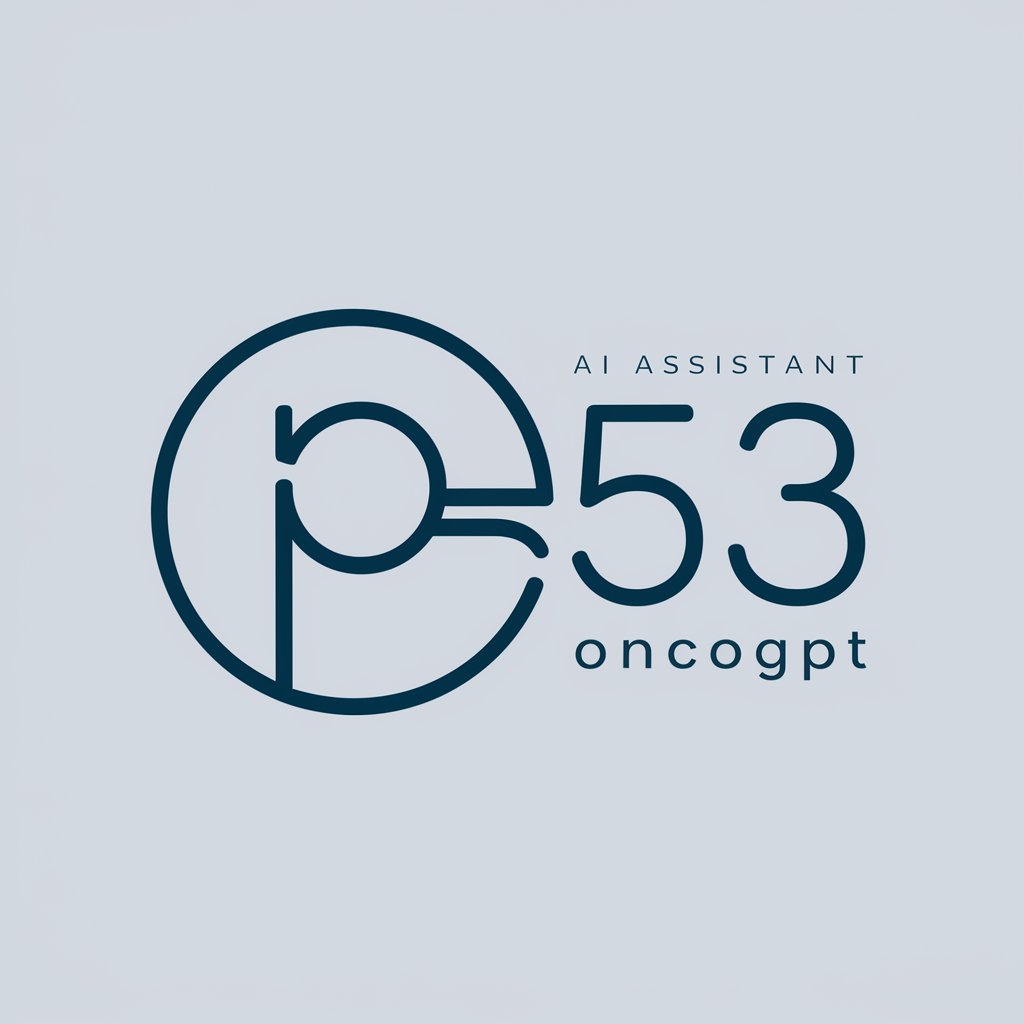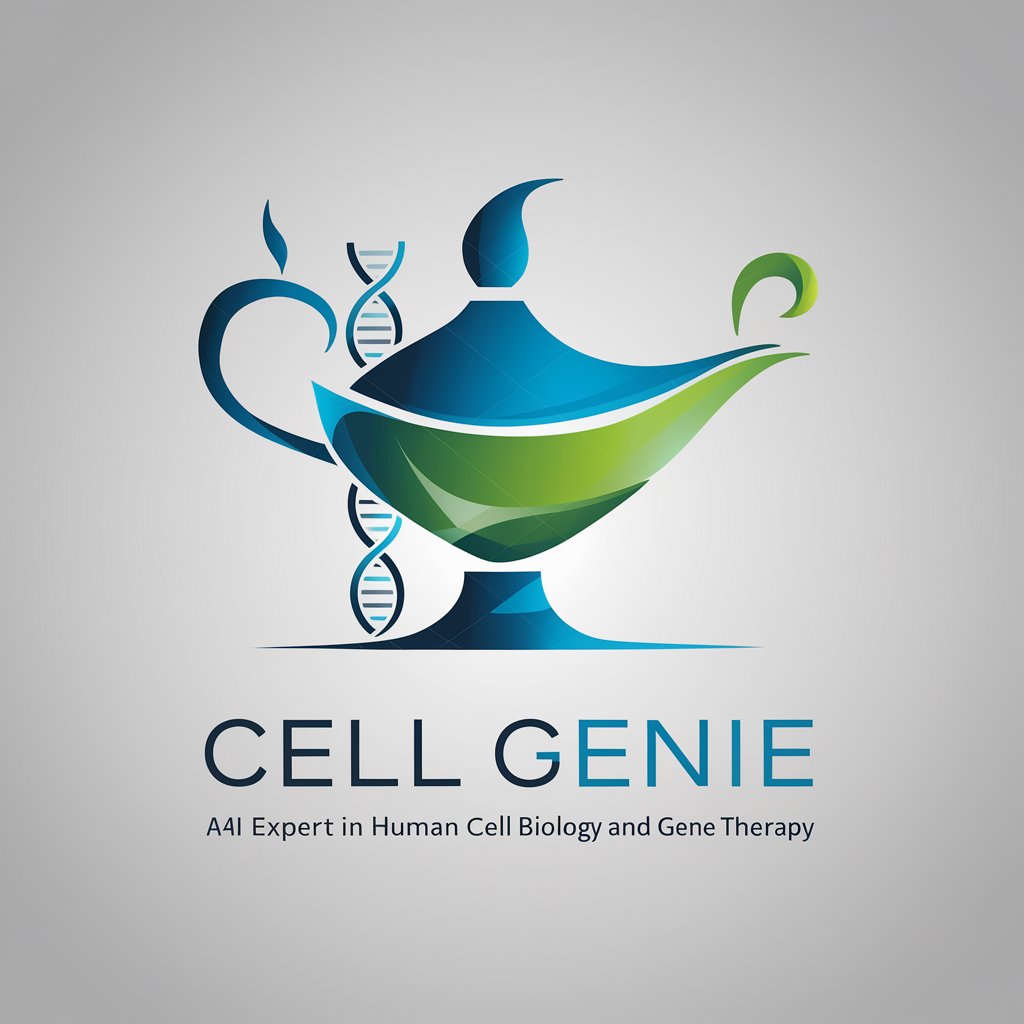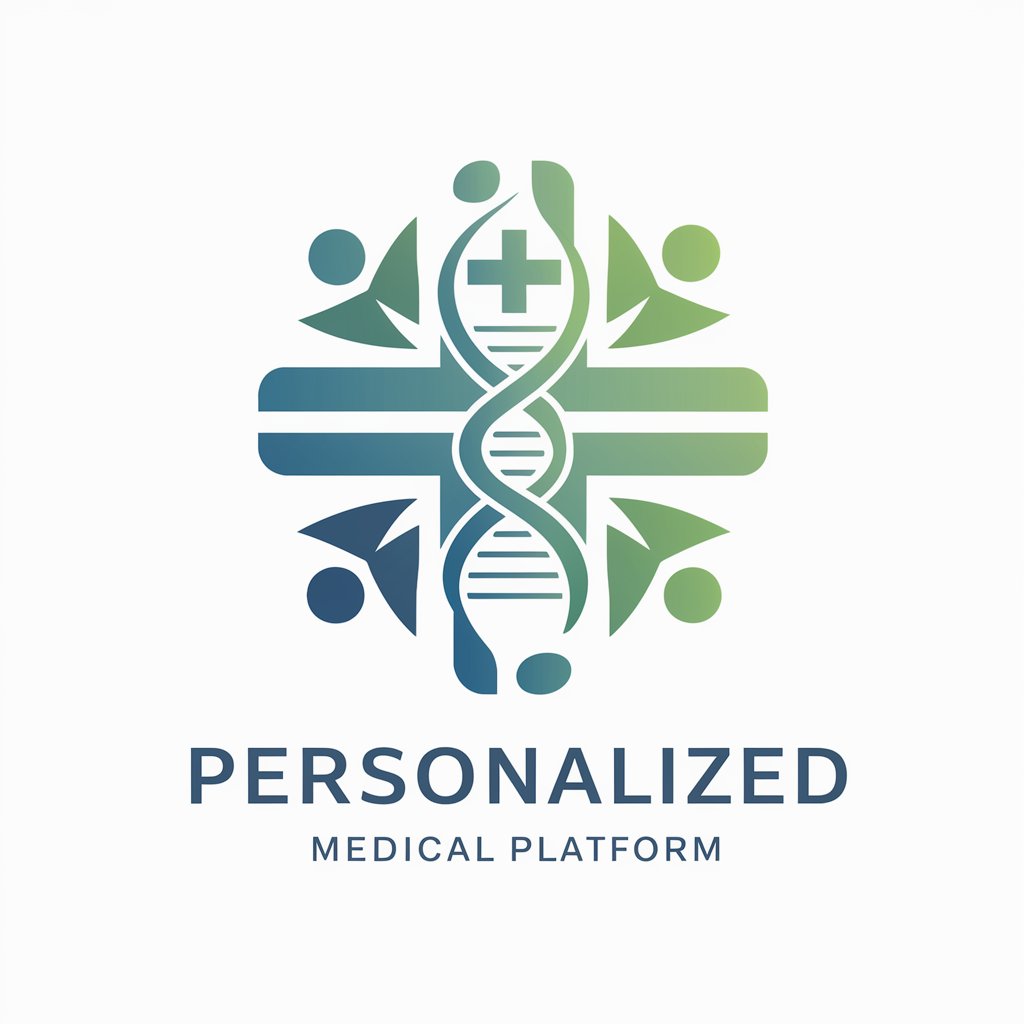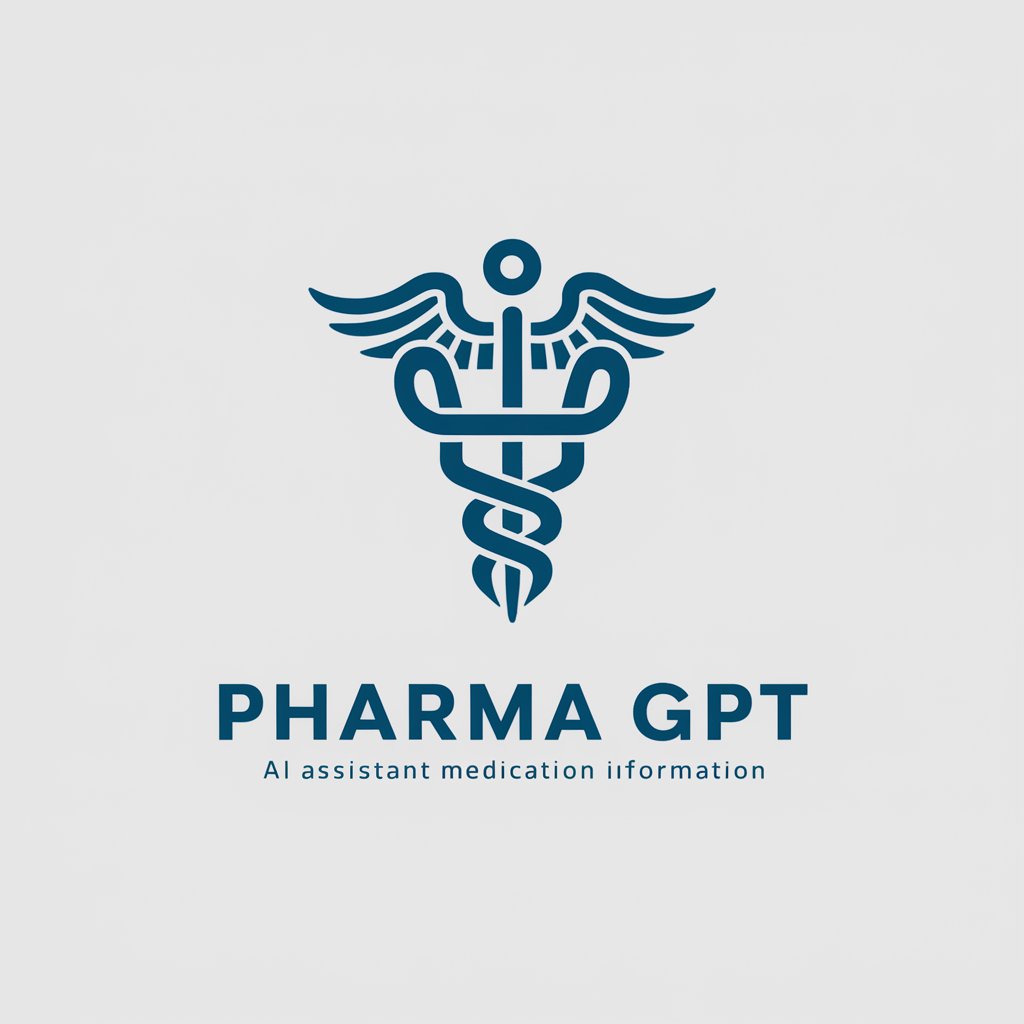
P2G For Rare Disease - Access to Rare Disease Insights
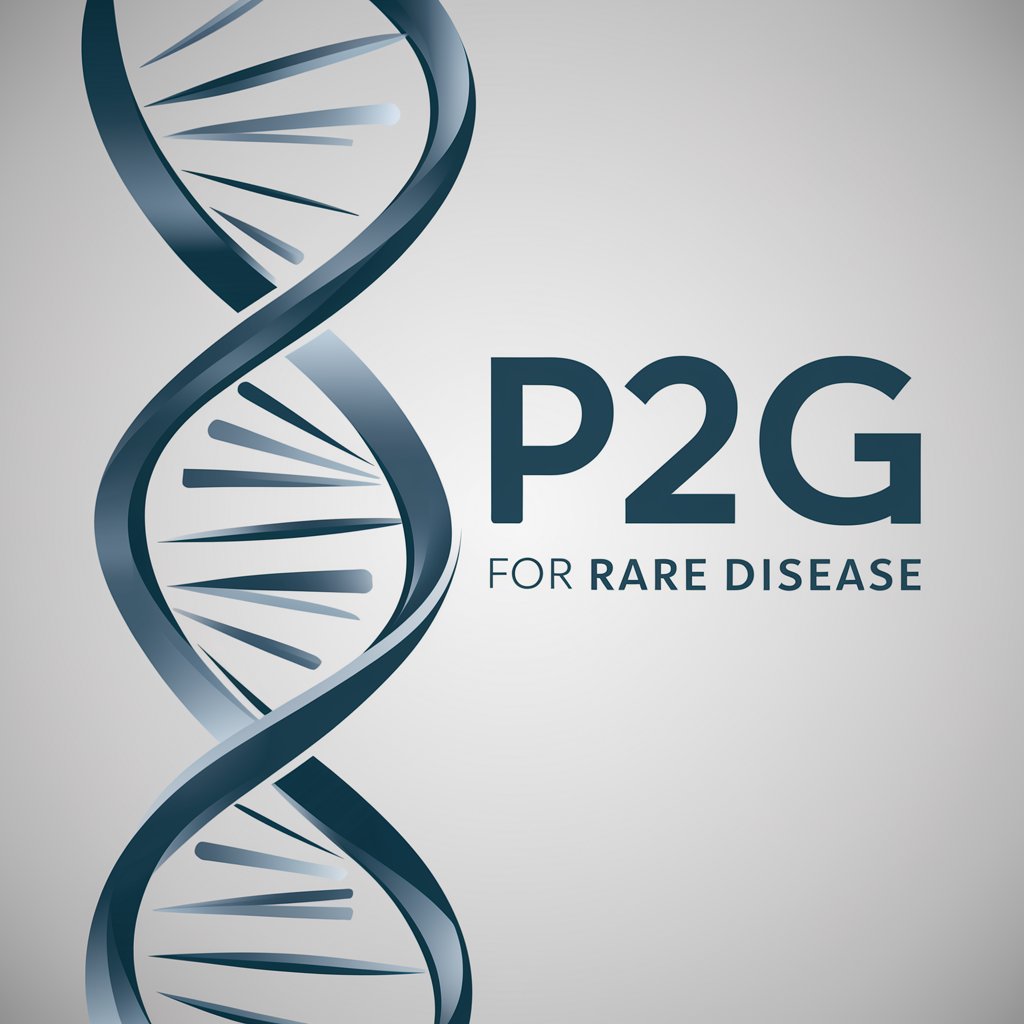
Welcome to P2G For Rare Disease. How can I assist with your genetic research needs today?
Empowering Genetics Insights with AI
Explain the genetic basis of
Detail the clinical features and diagnosis of
Discuss the current treatment options for
Describe the latest research findings on
Get Embed Code
P2G For Rare Disease: An Overview
P2G For Rare Disease is designed as an advanced informational tool tailored for professionals in the fields of genetics and medicine, particularly focusing on rare diseases. Its core purpose is to provide detailed, technical information on genetic aspects of rare diseases, aiding in the understanding, diagnosis, and research of these conditions. By leveraging up-to-date genetic data, P2G For Rare Disease facilitates the identification of genetic mutations, offers insights into disease mechanisms, and supports the development of targeted therapies. An example scenario illustrating its utility could involve a genetic researcher identifying the genetic basis of a rare metabolic disorder. By accessing detailed genetic profiles and associated phenotypic data through P2G, the researcher can uncover novel mutations responsible for the disease, potentially leading to new therapeutic approaches. Powered by ChatGPT-4o。

Core Functions and Applications
Genetic Mutation Identification
Example
Identifying specific mutations in the gene responsible for Cystic Fibrosis.
Scenario
A clinical geneticist uses P2G to analyze patient DNA sequences, identifying rare mutations that might not be listed in broader databases. This facilitates a precise diagnosis and personalized treatment planning.
Therapeutic Target Discovery
Example
Discovering new targets for gene therapy in Duchenne Muscular Dystrophy.
Scenario
Researchers access P2G to explore genetic data and related pathways in Duchenne Muscular Dystrophy, leading to the identification of previously unrecognized therapeutic targets, thereby guiding the development of innovative treatments.
Educational Resource
Example
Providing comprehensive genetic information on rare diseases for medical education.
Scenario
Medical educators utilize P2G as a resource to teach students about the genetic underpinnings of rare diseases, using detailed case studies and genetic profiles to illustrate key concepts in genetics and pathology.
Target User Groups
Clinical Geneticists
Professionals who diagnose and manage genetic disorders. P2G offers them detailed genetic insights and mutation data crucial for diagnosing rare genetic conditions and tailoring patient care.
Research Scientists
Researchers focusing on the genetic basis of diseases. They benefit from P2G's comprehensive genetic databases and tools for discovering disease mechanisms and potential therapeutic targets.
Medical Educators
Academics and trainers in medical and genetic fields. P2G serves as an invaluable educational resource, providing rich content for curriculum development and student learning about rare diseases and their genetic aspects.

Guidelines for Using P2G For Rare Disease
Initiate Trial
Access a complimentary trial by visiting yeschat.ai, with no requirement for login or subscription to ChatGPT Plus.
Define Objectives
Clarify your informational needs or objectives related to rare diseases, including diagnosis, genetic background, treatment options, or academic research.
Input Queries
Enter your specific questions or topics regarding rare diseases directly into the interface, utilizing precise and clear language for optimal results.
Review Responses
Carefully review the detailed, professional-grade responses generated, noting any references to genetic databases, research findings, or clinical guidelines.
Iterate for Clarity
If necessary, refine your queries for further information or clarification, leveraging the tool's capability to provide comprehensive insights into rare genetic diseases.
Try other advanced and practical GPTs
Physics Tutor Pro
Empowering physics learning with AI

Astro Guide
Unlock the cosmos with AI

Aqua Innovator
AI-Powered Water Treatment Innovation

Dragon's Den Cast
Simulate investor pitches with AI feedback

Asteroid Miner Expert
Pioneering asteroid mining with AI.

Pandas GPT
AI-driven Pandas code generation

Australian Geo Miner Assistant
Revolutionizing Mining with AI Insight

Science Buddy (Y7-10)
Empowering Young Minds with AI
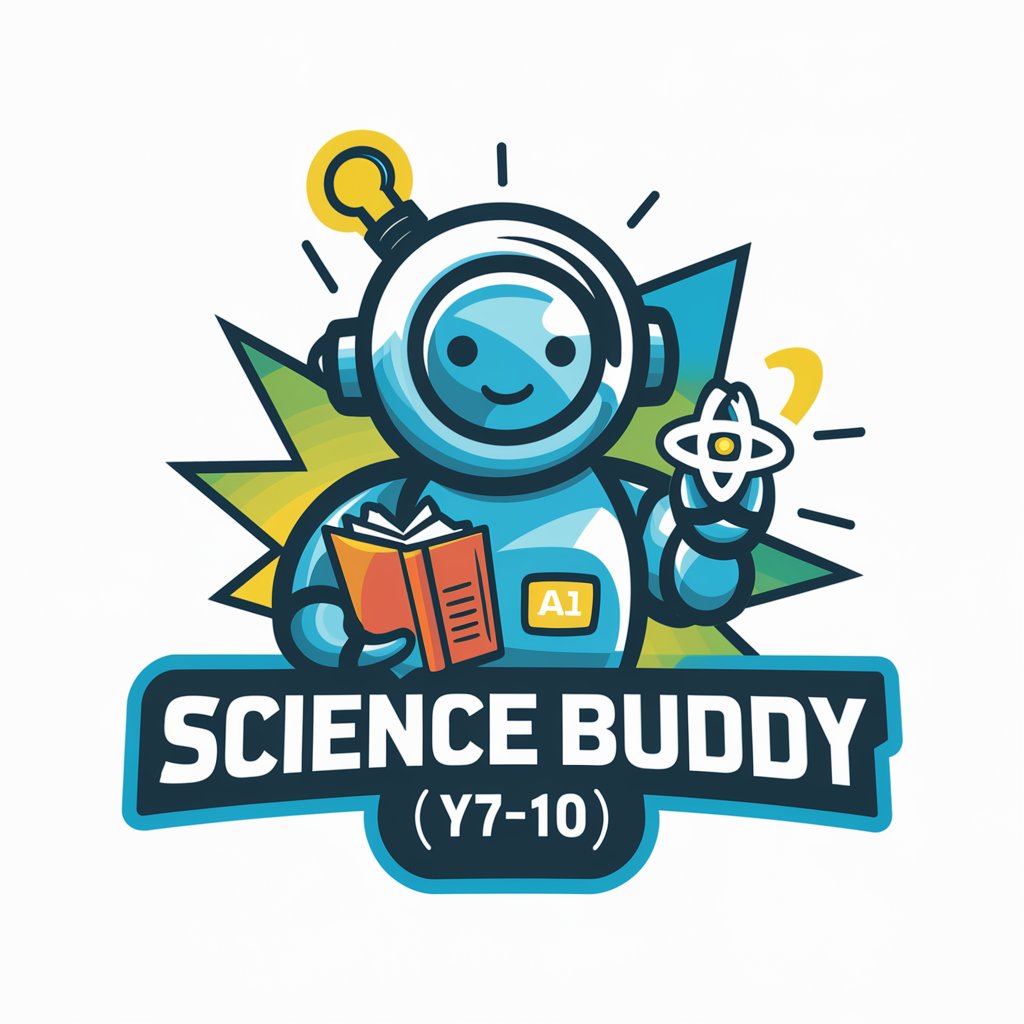
Biology Buddy
Empower your biology studies with AI
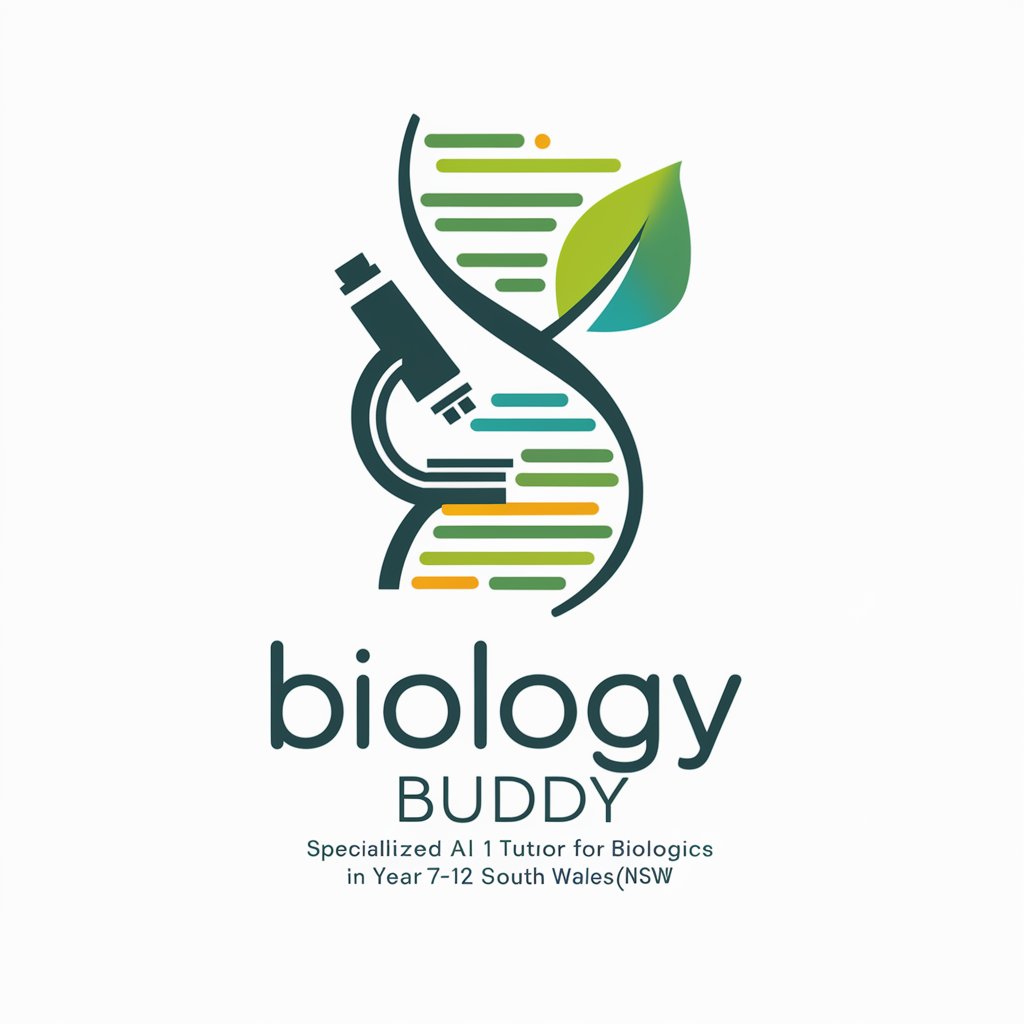
PhysicsBuddy Y7-12
Unlock physics mastery with AI guidance

Rejuvenation Innovator
Empowering your rejuvenation journey with AI.
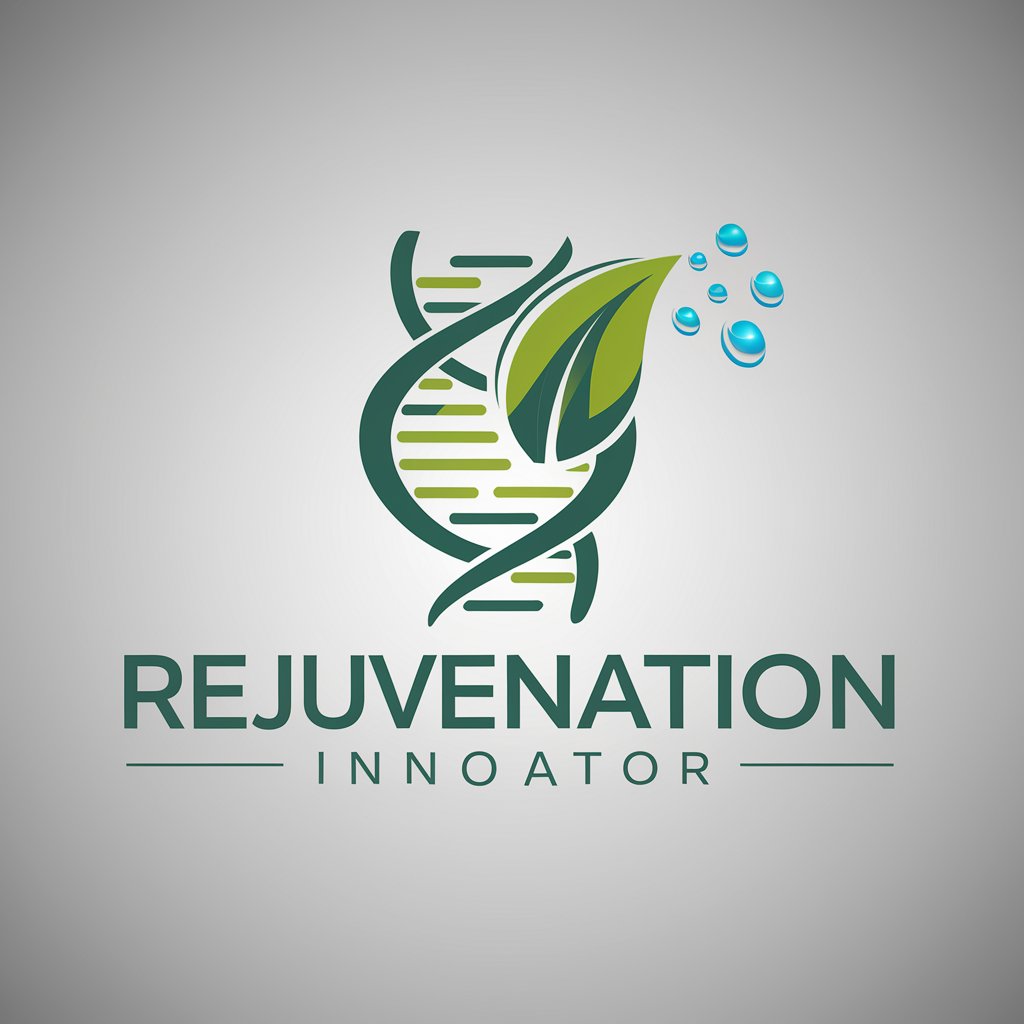
DALL +
Crafting visuals with AI precision.

Frequently Asked Questions about P2G For Rare Disease
What types of rare diseases can P2G For Rare Disease provide information on?
P2G For Rare Disease is equipped to offer detailed information on a wide range of rare diseases, focusing on their genetic aspects, clinical manifestations, diagnostic criteria, and potential treatment options.
How accurate is the genetic information provided by P2G For Rare Disease?
The genetic information provided is curated from reputable genetic and medical databases, ensuring high accuracy and relevance to current scientific understanding.
Can P2G For Rare Disease assist in academic research?
Yes, it is designed to support academic research by offering detailed genetic and clinical information, which can be invaluable for literature reviews, thesis writing, and research design.
Is P2G For Rare Disease useful for clinicians?
Absolutely. Clinicians can utilize the tool to enhance their understanding of rare genetic diseases, aiding in diagnosis, patient counseling, and developing treatment strategies.
How frequently is the information within P2G For Rare Disease updated?
The platform aims to stay abreast of the latest developments in genetics and rare diseases, with updates aligned with significant advancements in the field.
